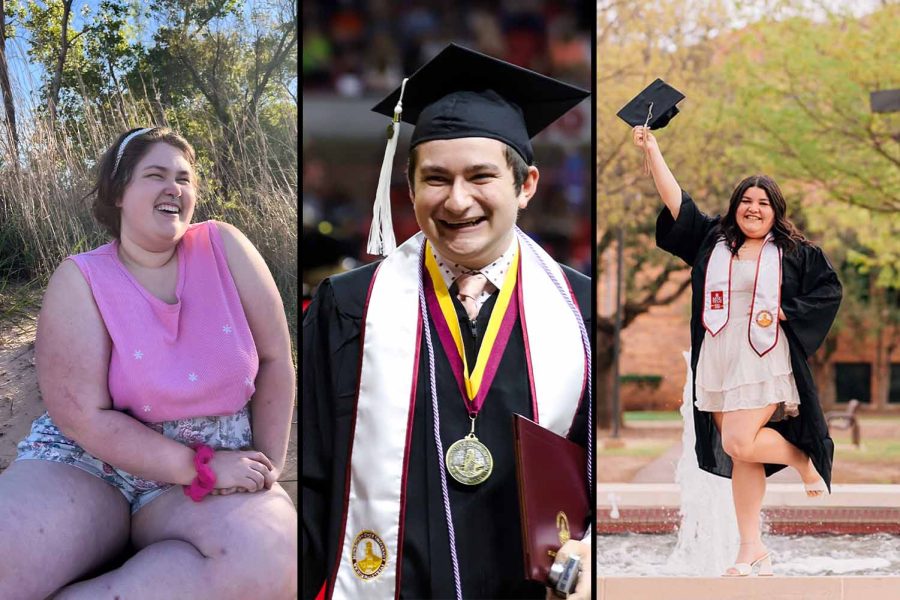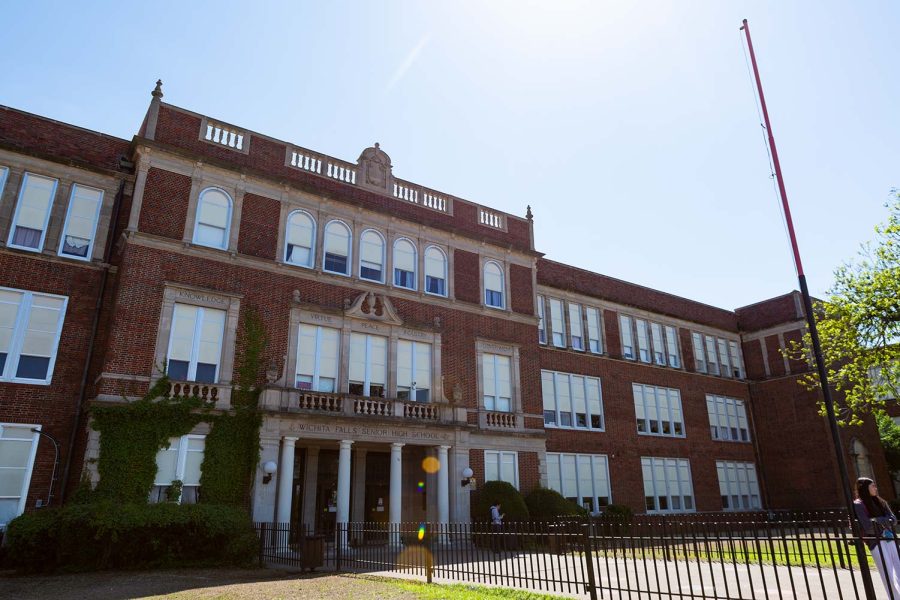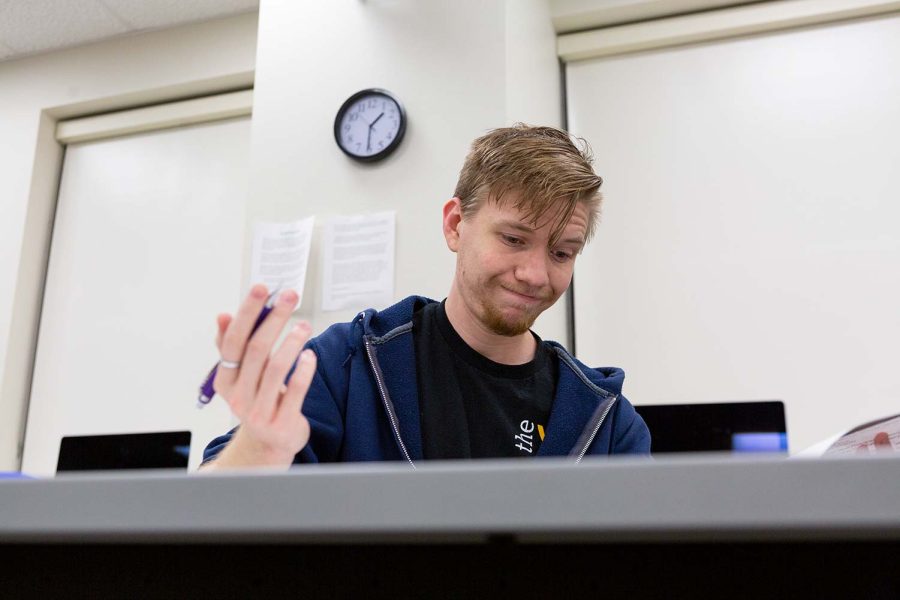OUR VIEW: Getting tested for sexually transmitted infections and diseases should be second nature to sexually active people.
We’re all adults here. We talk politics, gender, race and sex, but mere mentions are not going to stop the endless ambiguity surrounding such topics unless students stop passing the buck and take ownership of our actions. With Feb. 7 being National Black HIV/AIDS Awareness Day, students should take advantage of the opportunities to screen themselves for any sexually transmitted infections or diseases.
If it takes fun little titles like “Cookies and Condoms” to get students to pay attention to the absolute necessity for safe sex, then so be it. However, munching on a cookie while being handed a bag of condoms isn’t going to create a sex positive atmosphere on campus without students genuinely getting educated. Campus organization members, administration and students alike hold events and seminars on safety, yet we continue to see students make jokes and laugh whenever sex is brought up.
University personnel want students to stay safe and healthy, so the Vinson Health Center offers STD screening and treatments. Further than that, students may even be referred to outside medical providers for more serious problems that exceed the Vinson Health Center’s capabilities.
According to the Centers for Disease Control and Prevention, about 1 in 4 of all new HIV infections in the United States is among youth ages 13 to 24 years, and to combat this issue, events and screenings are held throughout the year so that students have the opportunity to get the information and help necessary for a healthy life.
The national HIV/AIDS strategy set by the CDC with the goal for 2015 for 85 percent of persons newly diagnosed with HIV are linked to HIV medical care within 90 days of diagnosis, but ultimately found 44.5 percent within 90 days suggests that linkage among blacks needs to be significantly improved to meet the National HIV/AIDS strategy goals.
This month is a perfect opportunity to celebrate and learn about cultures and communities, and the best way to connect is through information and safety. While medical advances continue to produce positive results, more has to be done to ensure health and well-being is guaranteed to all students, and events like “Cookies and Condoms” allow for an environment that is less intimidating that welcomes more students to engage in positive sexually activity.











